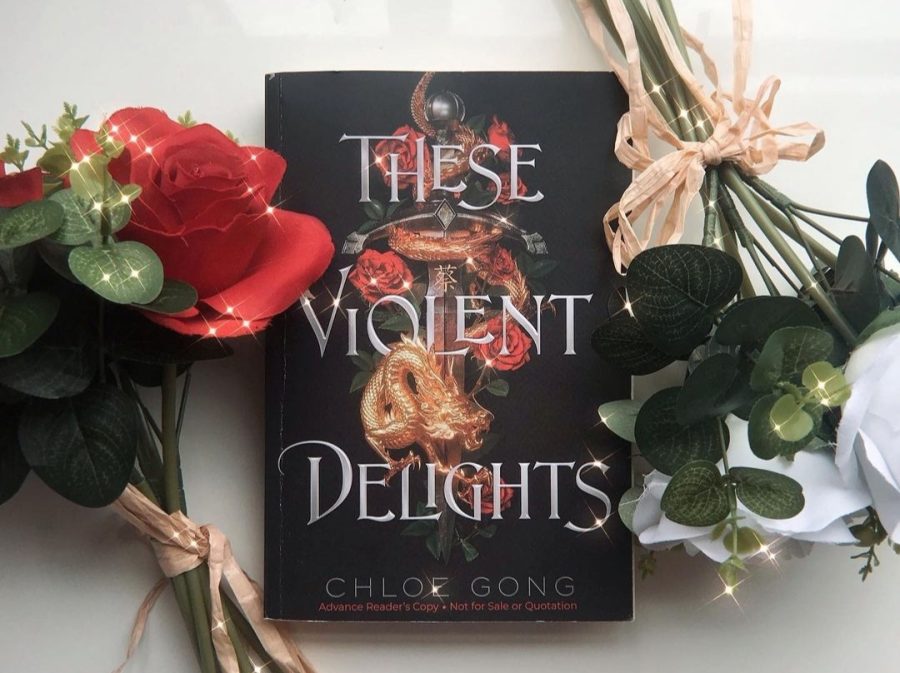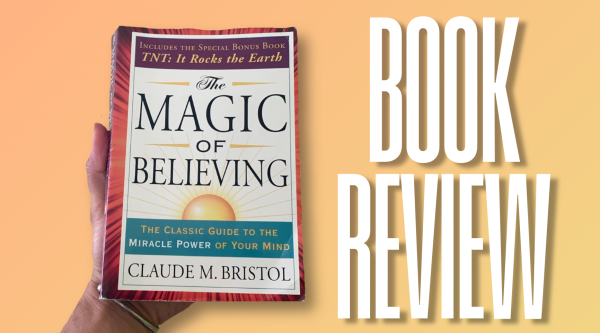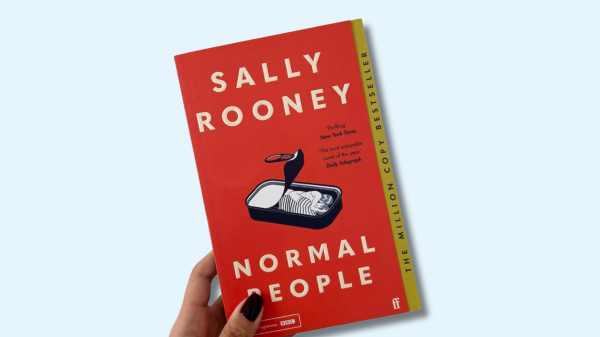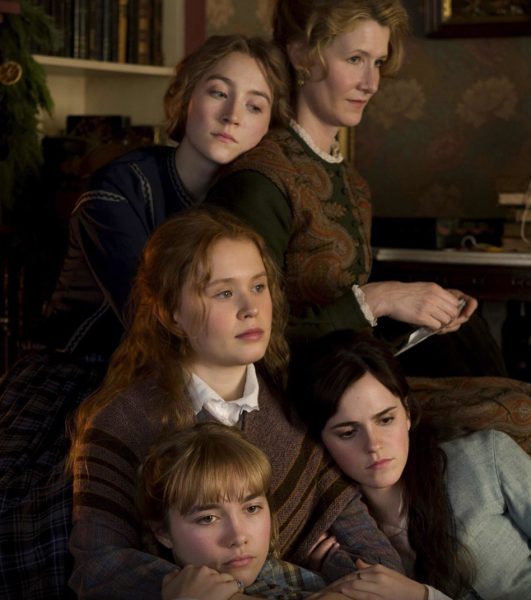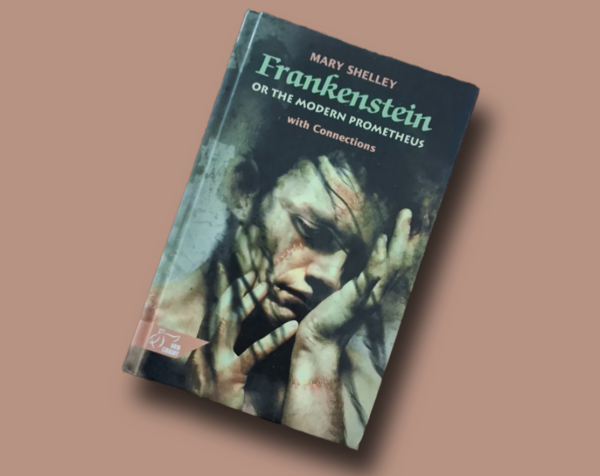Revisit “Romeo and Juliet” In 1920s Shanghai
“These Violent Delights” sets Shakespeare’s classic tragedy in 1920s Shanghai. (Courtesy of Instagram)
“You know me. Running around. Living life. Committing arson.”
In this stunning retelling of “Romeo and Juliet,” author Chloe Gong imagines a glittering, 1920s Shanghai, emulating the tension, angst and violence that plagued Shakespeare’s famous tragedy. Gong’s debut novel “These Violent Delights’’ introduces Juliette Cai, who has returned from a career as a flapper in the West to step into her role as the heir to the Scarlet Gang. Her city is plagued by a monster and fear threatens even the sanest of people. Her city runs red with blood, leaving her to begrudgingly work with her family’s greatest enemy — the White Flowers, a rival gang. Heir to the White Flowers, Roma Montagov, is Juliette’s greatest enemy, but he was also the Scarlet heir’s first love.
Juliette and Roma’s families’ blood feud is volatile and rooted in hate, so much so that, from the beginning of the novel, it is almost outlandish to imagine these two characters could ever become close enough to fall in love. Even when Gong manages to subtly poke at their past, showing rare instances of love and yearning, these moments are gone before the reader can truly analyze what happened. The line between love and hate blurs until the two decide to lay down their guns and work together.
Gong keeps readers in suspense for most of the novel, leaving us to speculate about what happened between the two. Even though it was frustrating to be left in the dark for most of the novel, it only made me want to keep flipping the pages.
What I thought was so clever about “These Violent Delights” is how Gong continuously finds the perfect places to integrate issues that plague a modern society. Since the novel is set in 1920s Shanghai, Gong, of course, adds facets of culture that I had never heard of, weaving it in in a way that is proud, beautiful and imaginative. It is refreshing to see diversity in the fantasy genre, especially LGBTQ+ representation and depictions of different cultures.
However, Gong never loses sight of the societal issues that not only plagued 1920s Shanghai society, but subtly relates it back to modern societies.
Many times in “These Violent Delights,” Gong mentions the western colonization of China and nearby countries. References to the Opium Wars that took place in the mid-19th century are numerous, as well as the author’s reiterations of Juliette’s family loyalty because of it. She faces many problems with her more traditional family members because Juliette was sent to the west to be educated. She speaks English almost perfectly and makes mentions of films and social norms that many in Shanghai have never heard of or even resent. Therefore, in order to rush her assimilation back into society, she scorns those whom she calls the “intruders.” These are the foreigners from Britain and other distant countries, who are trying to steal land from under both the Scarlet Gang and White Flowers.
A quote that really stuck with me from Gong’s author’s note was her mention of similar societal issues in 1920s Shanghai and in places around the world today. Even in “the land of dreams,” there are “men and women in white hoods [who] roam the streets to murder Black folks … [and] immigrant children are separated from immigrant mothers on Ellis Island, never to be seen again.” Mentions of societal issues like racism, transphobia, xenophobia, immigration and colonization are continuously referenced throughout the novel. However, it does not feel like the author was necessarily trying to preach to her readers; rather she draws succinct parallels between different times in history, drawing attention to history’s way of repeating itself, manifesting the same issues in similar circumstances.





































































































































































































